
80.
Fugazi
The Argument
[Dischord; 2001]
Perhaps I’m alone in thinking The Argument is possibly Fugazi’s best album, but from where I’m standing, it’s not such a far-fetched opinion – the band’s 2001 album was certainly their most musically-diverse and textured. The band was evolving musically, and rightly so – the guys were well into adulthood. Of course, make no mistake of it, The Argument certainly employs moments of old school Fugazi angst and punk rhythms, and that’s part of what makes this album so endearing. “Full Disclosure” and “Epic Problem” demonstrate the unity of mature songwriting with punk spirit, but then you get to art-rock songs like “The Kill,” which uses a killer bassline and mellow picks on the guitar, with Ian MacKaye and Guy Piccioto creating a haunting ambiance by repeating the line, “I’m not a citizen,” like a mantra.
Albums like The Argument and At the Drive-In’s Relationship of Command (which took several pages out of the Fugazi playbook – let’s be honest) set the standard early in the decade by using more experimental songwriting melded with punk spirit. Perhaps this is what the Refused were talking about in the late ‘90s when they predicted the shape of punk to come.
– Arika Dean
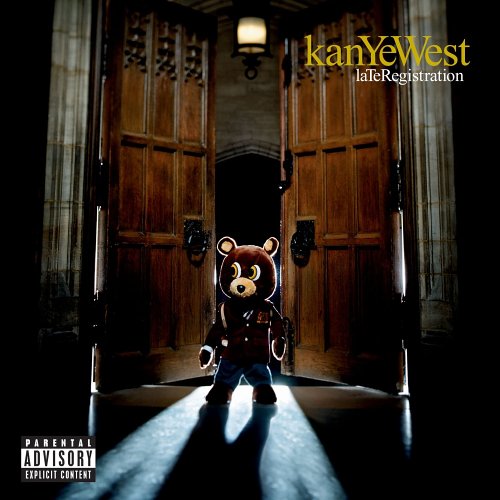
79.
Kanye West
Late Registration
[Roc-A-Fella; 2005]
With Late Registration, Kanye West cemented his status as a premier MC. His debut was a powerful statement, but this was the record on which everything came together. It was a rare combination of critical acclaim and commercial appeal, selling 860,000 copies in its first week while earning a 5-star rating and album of the year honors from Rolling Stone and a “Best Rap Album” Grammy. And Late Registration isn’t just an album’s worth of Kanye’s boasting, despite what his recent antics might suggest. He moves nimbly from addressing strife in West Africa on “Diamonds from Sierra Leone” to a touching ode to his mother on “Hey Mama.” The production is epic, the samples are perfectly placed – from Curtis Mayfield to Jamie Foxx’s reinterpretation of a Ray Charles hook – and the lyrics paint a vivid picture. Even the skits are funny. Remember Late Registration, because it may have been the too-early peak of this gifted yet troubled artist’s career.
– Andrew Steadman
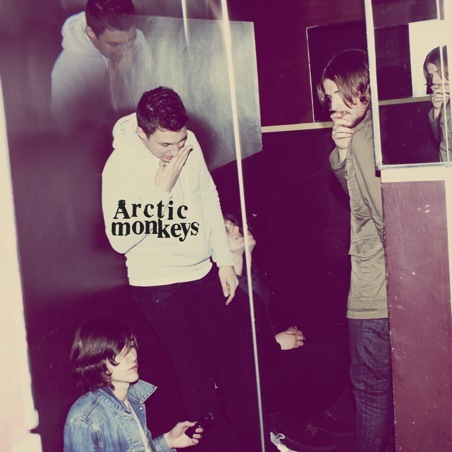
78.
Arctic Monkeys
Humbug
[Domino; 2009]
In 2009, Arctic Monkeys hitched up with U.S. sex-rock God Josh Homme, leaving the cold, rainy streets of Sheffield behind for the desert. The music that came next was anything but unexpected. Slower, sexier, harder and tougher – their third album, Humbug, is the ultimate combination of Alex Turner’s wit and lyricism and Homme’s prior musical output. An amazing transformation in just three years, the band have gone from indie teens to a darker, almost metal band, to swaggering, confident men.
On Humbug, everything about the band is highlighted, brought forward and utilised. The ballads are more heart-wrenching and beautiful, the rock songs hit harder and lower. One for the ages and a clear stop gap for a band on their way to something even greater.
– Hamish Duncan
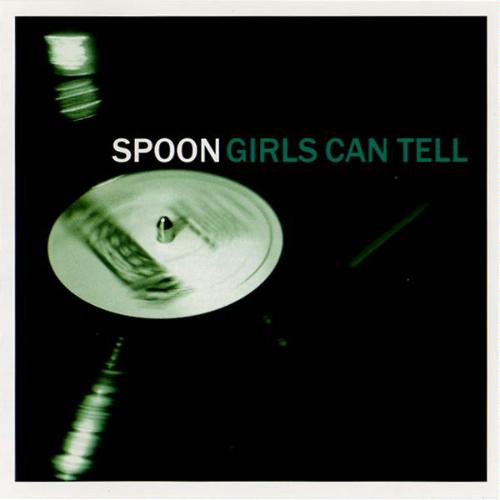
77.
Spoon
Girls Can Tell
[Merge; 2001]
Undaunted by the commercial flop of their previous record, A Series Of Sneaks, and the subsequent boot from Elektra Records, Spoon made no compromises in their sound for their Merge debut; they released an album of songs that were more off-kilter than anything they had done previously.
Each song cuts its own individual groove; some songs such as “The Fitted Shirt” are led by a swaggering guitar whereas others like “Everything Hits At Once” sweep past with a bouncing Wurlitzer tune. Spoon could be criticised for having too much style over substance, but when Britt Daniel is waxing lyrical on simple subjects like tailored clothes it fits with their sound; this is the kind of music you throw on when you want something to snap your fingers to, not something to engross yourself in.
Girls Can Tell is the sound of a band entirely comfortable with the music they’re making, not exerting themselves too much, and that laid back nature is reflected in their music. It may sound like lazy and pretentious art-pop on the surface, but that’s just Spoon’s sound – you have to give them more credit. The boys say it best on this record when Daniel intones “believing is hard, believing is art.”
– Rob Hakimian
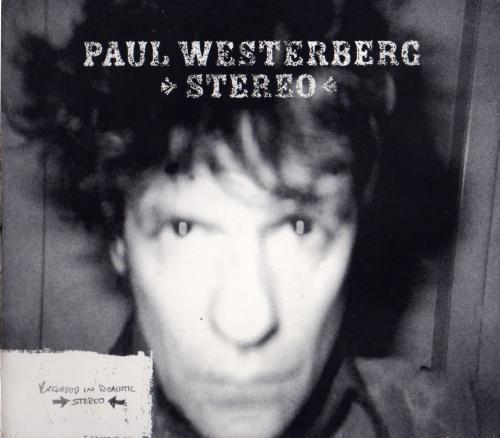
76.
Paul Westerberg
Stereo / Mono
[Vagrant; 2002]
It’s something of a remarkable story: 18 years after The Replacements last let it really all hang out on Let It Be, Westerberg retreats to his home basement studio and records Mono, a 30-minute disc full of sloppy, three-minute rock songs under the silly Grandpaboy moniker, and stuffs it bonus-disc-style into the sleeve of his 2002 release Stereo, also recorded in the basement. Whether it’s a real double album or not is a bit vague, as Paul probably wanted it. Regardless, Stereo / Mono combo sounds like a revelation after studio polish had finally and completely staked its flag in Westerberg’s brain. Hearing “Dirty to Mud” cut out mid-sentence, plopped in the man’s catalog after a decade of “Dyslexic Heart” and the like, is pretty damned cool. “I’ll Do Anything” and “Knock It Right Out” are more raw and biting than anything he’d put out since 1984. But the novelty of the raw “basement” record would wear thin, were it not for the fact that the 24 songs here are the most consistent and affecting that we’d heard from Westerberg in a long, long time.
– Bill Delaney
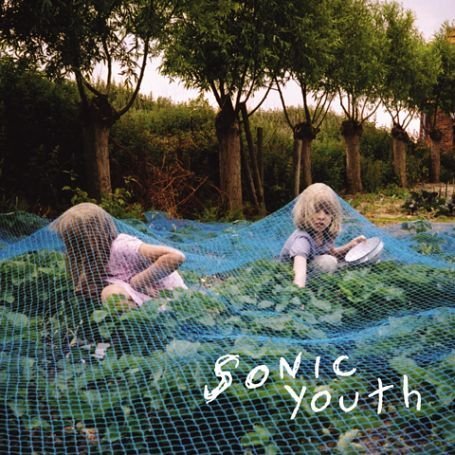
75.
Sonic Youth
Murray Street
[DGC / Interscope; 2002]
Sonic Youth are old now. I’m pretty sure there are streaks of gray in Lee’s hair in the liner notes of Washing Machine, and that was in 1995. Though their name now only applies in spirit, something happened with Murray Street that kind of seemed unthinkable; the band sounded, for lack of a less cliched term, mature. Coming off the heels of the all-of-our-equipment-was-stolen retooling of the underrated NYC Ghosts and Flowers, which still had an air of the group’s trademark rambunctiousness, Murray Street found the group in their most sonically digestible form since…well, ever. Sure, half the songs are longer than six minutes, and there’s a giant black hole of noise in the middle of what’s arguably Lee Ranaldo’s finest song in “Karen Revisited,” but the songs here carry themselves with a kind of grace that had eluded the group up until this point. Jim O’Rourke, whose presence on NYC Ghosts and Flowers sounded a bit awkward at times, now sounded as seamless integrated into the band as if he’d been working with Thurston & Co. since the ’80s, and his production smooths rough edges without altering the band’s character. To put it simply, Murray Street is the sound of Sonic Youth taking maturity, embracing it, and executing it perfectly.
– Bill Delaney
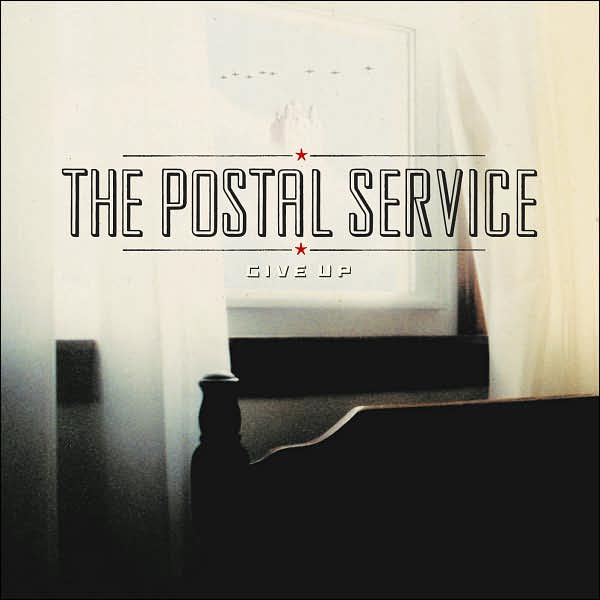
74.
The Postal Service
Give Up
[Sub Pop; 2003]
This geeky slice of precious indie-pop is nearly unforgivable almost a decade later, the kind of earnestly romantic, eager-to-please dreck that would get torn apart by raving mobs of jaded hipsters (or whatever they are now). But sit back and imagine you can think of music without all the genre tags, without all the social implications, without all the drama; what you’ve got is a well-produced and smartly-written pop album of the highest grade. Ben Gibbard can turn from clever to annoying with the flick of a wrist, but he manages to stay on the clever side for most of Give Up. More importantly, Jimmy Tamborello give those of us who might tire of this type of unapologetically sappy fluff something else to focus on: beats. Tamborello’s hand is subtle but firm; he introduces a stark, surprisingly minimal beat during the otherwise catchy “We Will Become Silhouettes,” sounding at first like almost a lucky mistake, and on the syrupy duet “Nothing Better” he cuts the thick, swollen artifice with 8-bit sounds, a jarring contrast that turns a typical Gibbard diatribe into something more satisfying. Elsewhere, they predict Jens Lekman with the headrush closer “Natural Anthem” and employ crunchy, distorted percussion on “This Place Is A Prison” to greatly unsettling effect. If this weren’t enough, Jenny Lewis sings backup on nearly every song. Go on now, get on your thick-rimmed for-decoration-only glasses, your skinny jeans, and your sweater-vest and rock this shit out.
– Andrew Ryce
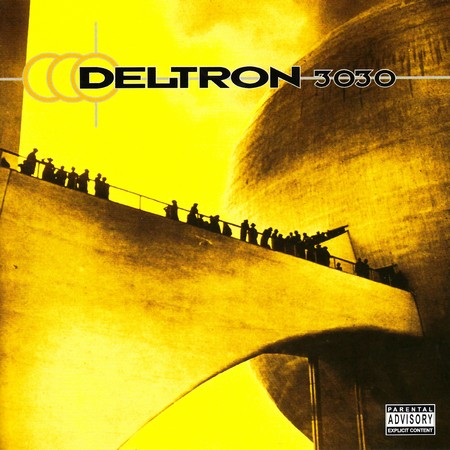
73.
Deltron 3030
Deltron 3030
[75 Ark; 2000]
Hip-hop gets a bad rap (pun intended). It’s not all about the guns, bitches and money, guys. Rappers usually aren’t thugs; they’re not all gangsters obsessed with Escalades and “the street.” Some of them – Deltron Zero, the hero of our album, for example – is a mech operator from the year 3030 who spends his time running from the oppressive government and evil corporations in a post apocalyptic world. He also wants to be the Galactic Rhyme Federation Champion. Deltron 3030 is far cry from “In Da Club,” as you can see.
Precursor to Gorillaz and clearly one of the best rap supergroup releases of the decade, Deltron 3030 is mature in it’s sillines, inventive in its lyrics and was pulled off brilliantly by all parties involved. The production, courtesy of Dan The Automater, is a fine piece of work in itself, and main rapper Del Tha Funkee Homosapien is clearly one of the best MC’s of his day. Add some cameos from Damon Albarn and Sean Lennon, such tracks as “3030” and “Virus,” and the album, even admittedly overlong, is irresistible. Crazy, funny, alarming, haunting and compulsory listening for any hip-hop fan.
– Hamish Duncan

72.
Jim O’Rourke
Insignificance
[Drag City; 2001]
Jim O’Rourke’s Insignificance isn’t exactly a fan favorite. Ask anyone who has his Drag City discography, and there’s a good chance their favorite is his earlier full-length Eureka. Full of lush arrangements, that album rocks incredible incorporation of electro-acoustic sounds and real instrumentation along with some stellar songs, showing O’Rourke breaking away completely from his Gastr del Sol work with David Grubbs. However, the man felt that he needed to approach his appreciation of pop and melody from another angle and produced Insignificance as a result. The instrumental pieces are gone completely, replaced with a fantastic flow of tightly-knit cynical rock numbers of biting lyricism, delivered by an unreliable narrator voiced by O’Rourke. With the arrangements being poignant yet not cheesy, the words being catchy yet not stupid and the fantastic build-up to the finale, this album has aged like fine wine and will never leave my collection.
– Rob Galo
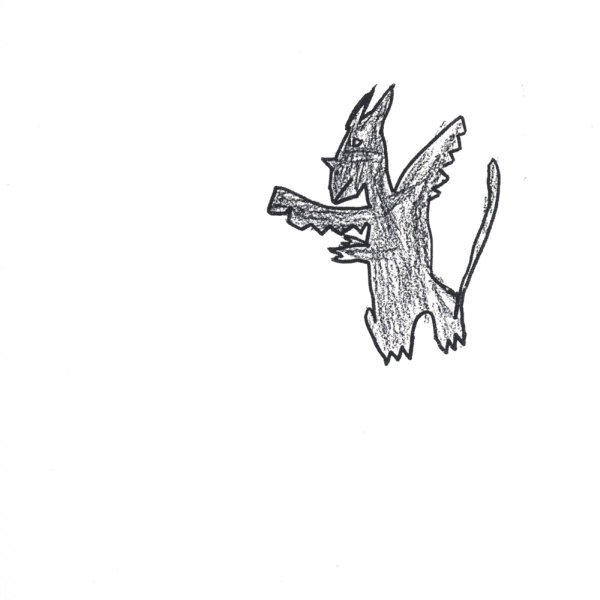
71.
Menomena
I Am the Fun Blame Monster!
[Barsuk / Muuuhahaha!; 2003]
When I first heard I Am the Fun Blame Monster!, I thought that it was the future of pop music. That might be a little bit of an overstatement now, but just listen to opener “Cough
Coughing” and notice how it’s essentially a rock song fed through a Kid A filter, drums cut up and the sustain snuffed out of piano notes and vocals. And don’t forget the horns that pop up across the rest of the album. You can’t forget about the drums, the single most interesting thing about the album, driving each song into overdrive and inspiring countless air-drum sessions. And throughout all of it, there’s this whimsical feeling, like the band concocted the album in some mad scientist’s laboratory. Think an Elephant Six/Radiohead hybrid with a sense of humor.
I Am the Fun Blame Monster! takes a bunch of seemingly unrelated styles and jams them into one accessible, easy-to-swallow record, and ultimately, much like The Rapture’s Echoes, it’s an album that probably should have had a lot more influence than it did.
– Ian Baker

